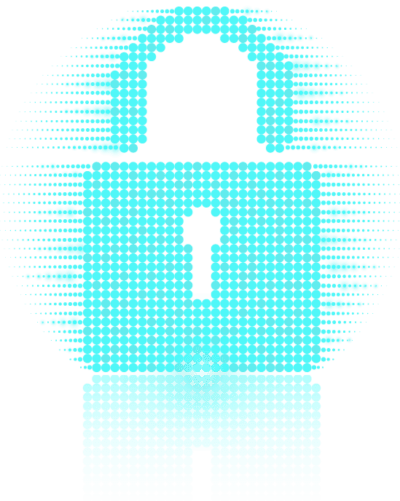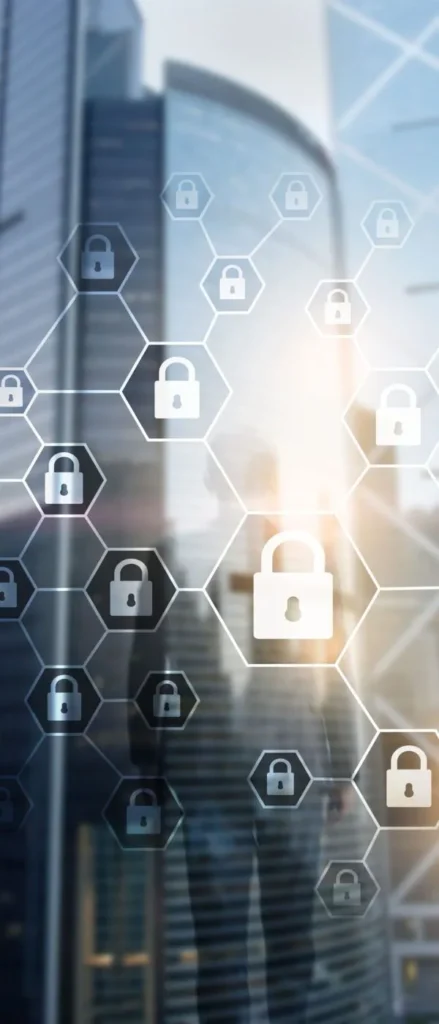IT Security Services

IT Security Service in the Asia-Pacific Region
The recently released Asia/Pacific (excluding Japan) Security and Trust Study 2022 shows that cybersecurity has become a prime point of focus for senior management, with 69% of CEOs participating in cybersecurity decisions at least biweekly. This management overhead can lower productivity for your company, as poorly defined roles can lead to specialists being given inappropriate assignments that detract from their true talents.
Using an expert cybersecurity team such as EIRE Systems means freeing up your senior management to focus on your business, not the security of your company’s data and operations. Maintain the highest productivity standards alongside stellar security policies with EIRE Systems cybersecurity experts at your side.
Top 5 Security Services
Securing confidential information
Maintaining information integrity
Identifying threat sources
Approval of newly adopted technology
Reversal of successful security breaches

Improve Your Security Posture
The technology landscape is constantly evolving, from IoT’s rise to the adoption of the SaaS platform over conventional internal applications. Many companies adopt technology but still lack guidance or support from IT, information security, purchasing, and risk specialists. As a managed security provider, we are our clients’ trusted partner, reducing risk and data breaches. We provide advanced knowledge and solutions for current threat landscapes with deep expertise in risk mitigation, critical assets and their ideal security policy and overall security management.
Faced with ever-changing security threats, it’s important to ensure your data is protected from threats at every angle. Among the existing security threats, 2023 has seen a new wave of particularly problematic issues arising at industrial levels.

Not only do cyber threats around data use continue to be troubling, but blended IT and OT systems have created new vulnerabilities to exploit. A skilled hacker can now tap into your operational tools and manage controls externally to disrupt your operations. This has been seen increasingly transnationally, with energy grids and nuclear reactors being hacked at different times and interfering with countries’ national security.
Only a combination of constant monitoring and a dynamic team of technological security experts can help ensure your company’s ongoing safety. With a security operations center (SOC) by EIRE Systems, you can focus on your primary duties knowing you have guards standing by 24/7 to protect your valuable information.

IT Security Policies
Information Security Policies
With the ever-growing threat of security hacks, cyber threats and data theft, organizations are giving more and more priority to the development of information security policies. Protecting your information from cyber attacks, whether it’s personal data, client data or company, know-how is crucial to the long-term success of your business. A lack of clarity in Information Security Policies (ISP) can lead to catastrophic consequences for your business.
EIRE Systems can help you build and maintain your Information Security Policies.
An organization’s Information Security Policy (ISP) should define its position relating to security risks that must be controlled within its organization, in line with the business’s appetite for risk. This policy will ultimately determine a company’s investment in its IT security controls.
Drafting an ISP requires not only the ability to write policies but also a thorough understanding of IT security. It’s one thing to know how IT security technology is implemented, however knowing how to write policy documents with written sets of enforceable rules that can be followed by all members of your organization, from senior managers to frontline sales personnel, is a skill in itself.
Successful ISPs can only be drafted through a process of consultation and iteration, including key members of your organization before a final sustainable policy position can be drafted. If you cannot define your processes, then you cannot define your policy.
As part of writing your ISP, it is necessary to understand the potential risks to your business. A risk can be any potential occurrence that would have an adverse impact on your business and could include a system failure, with loss of business due to reputational damage etc.
To identify a company’s risks, a Risk Assessment needs to be conducted and will establish and maintain a security risk criteria that will categorize risks into Low, Medium, and High.
Anything considered a Low risk may be acceptable and may not warrant further intervention unless it is low cost to do so. Risks that are High or Medium should have procedures in place to mitigate against them, and have comparative ratings assigned to them to define which should be given higher priority or justify a larger investment.
As part of the Risk Assessment analysis of risks will:
- document the consequences of each risk if it would occur,
- determine the likelihood of the risk occurring, and
- assign a level to each risk.
Having analyzed your risks, working with management a priority can be assigned to each risk, and an action plan put in place so that specific IT security controls can be implemented to protect against such risks.
